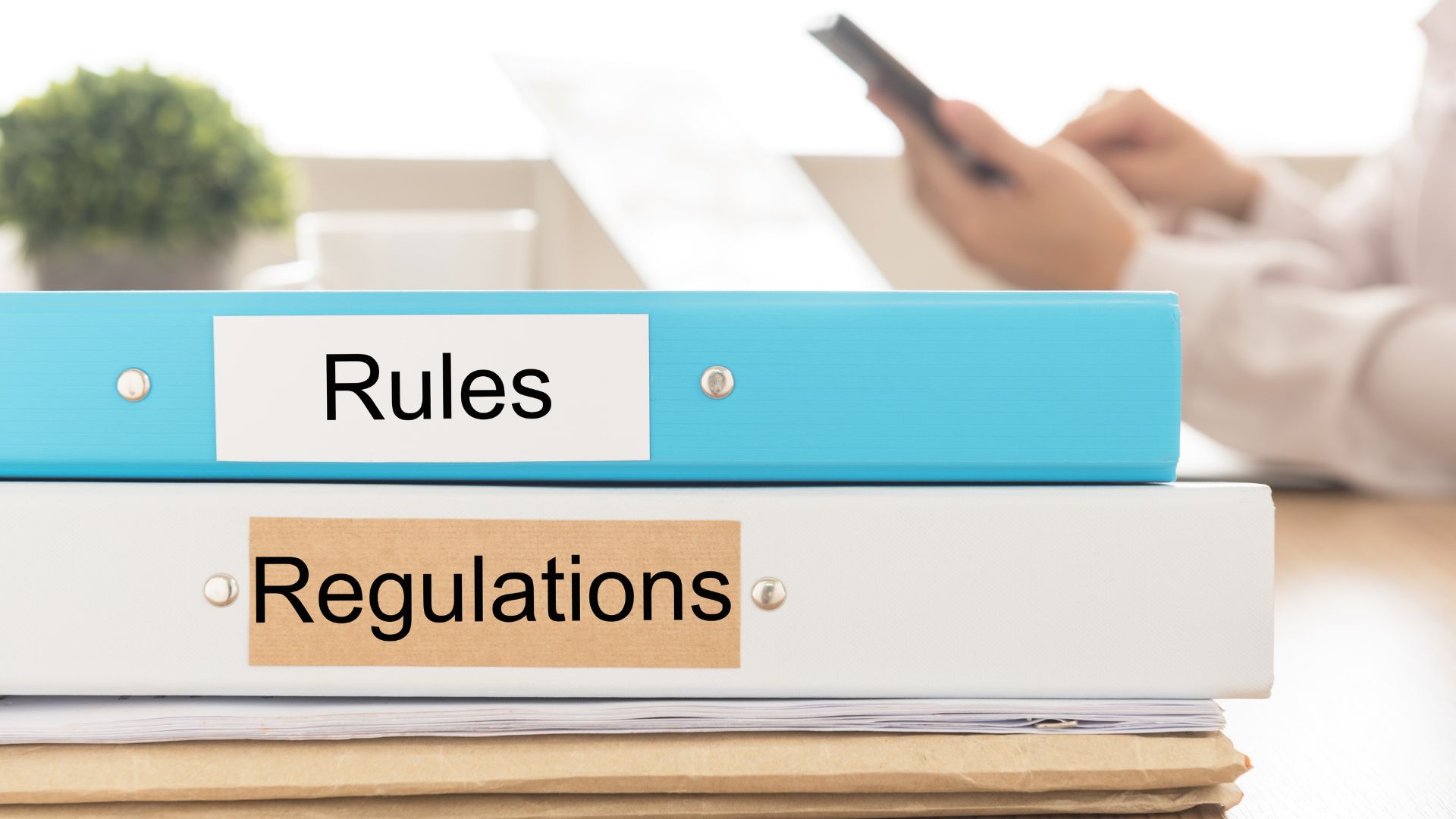Omaha, United States Airbnb Rules & Regulations
Last updated on: 4th July, 2025


Last updated on: 4th July, 2025

If you're considering entering the short-term rental market with platforms like Airbnb in Omaha, it’s essential to familiarize yourself with local regulations to ensure compliance and foster a thriving hosting environment.
Omaha's regulations, primarily outlined in Chapter 55 of the municipal code, dictate where short-term rentals can operate within the city. It's crucial to consult these zoning laws to ensure your property is in a permissible area for short-term rentals and to understand any specific operational restrictions that may apply.
Before commencing operations, Airbnb hosts must register their businesses with the Nebraska Department of Revenue. This is necessary for those required to collect sales tax. In Omaha, hosts must collect a 5.5% state sales tax on accommodations, plus an additional 1.5% city sales tax, which applies to all taxable transactions within the city.
In addition to sales tax, a state hotel permit is mandatory for all short-term rental hosts. Upon obtaining this permit, hosts must charge a state lodging tax of 1% on rental proceeds. Furthermore, Douglas County imposes an additional lodging tax of up to 4% on short-term rental earnings, requiring hosts to incorporate this into their pricing.
Omaha enforces strict adherence to health, fire, and sanitation regulations to ensure the safety of guests. Hosts are responsible for ensuring their properties comply with local health regulations and maintain sanitation standards to provide a safe environment for travelers.
Hosts must also recognize occupancy limits set by the local regulations; typically, the maximum number of guests is determined by the number of sleeping areas available, capped at 12 persons. These occupancy rules help maintain community standards and ensure the property’s safety.
Navigating Omaha’s Airbnb regulations requires a clear understanding of local zoning laws, tax requirements, health and safety regulations, and occupancy limits. By ensuring compliance with these rules, hosts can create a successful short-term rental experience while contributing positively to the community and local economy.